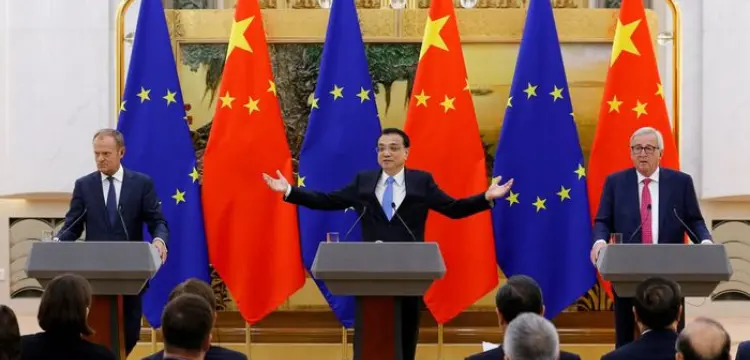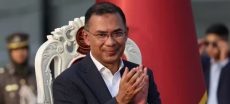In recent developments between China and the European Union (EU), tensions over electric vehicle (EV) imports have escalated, raising concerns about the potential for a trade war. Here’s a breakdown of the key events and positions:
- EU’s Tariff Proposal: The EU has proposed imposing significant tariffs on imports of Chinese-made electric vehicles. This move is aimed at addressing alleged unfair subsidies provided by China to its EV industry, which the EU believes distort global trade.
- Chinese Response: China has strongly criticized the EU’s tariff proposal, viewing it as an escalation that could lead to a trade war. The Chinese Commerce Ministry spokesperson blamed the EU for initiating trade frictions, including intimidating Chinese enterprises with punitive tariff threats.
- Countermeasures by China: In response to the EU’s actions, Chinese automakers have urged Beijing to raise tariffs on imported European petrol-powered cars. Additionally, China has launched a dumping probe into EU pork imports, seen as retaliatory measures against the EU Commission’s moves.
- Visit of German Economy Minister: Robert Habeck, Germany’s Economy Minister and a member of the Greens Party, is visiting China amidst these tensions. His visit marks the first by a senior European official since the tariff proposal. Habeck has criticized Germany’s current China strategy as outdated and not aligned with the evolving EU stance.
Read More: Pakistan dismisses India’s objection to the Pakistan-China joint statement on Kashmir
- German Perspective: Germany, as Europe’s largest economy and home to major car manufacturers, has voiced concerns over potential Chinese retaliation, which could harm its businesses significantly. German carmakers, in particular, oppose the EU’s tariff plan due to their substantial sales in China.
- Dialogue and Diplomacy: Habeck’s visit is seen as an opportunity to engage in dialogue with Chinese officials to mitigate trade tensions and prevent further escalation. Germany emphasizes the importance of dialogue while hoping for China to find a compromise.
- Media and Public Perception: Chinese state media have portrayed Habeck’s visit as a chance to ease tensions and find consensus. However, underlying concerns remain about the impact on bilateral trade and economic relations.
Overall, the situation highlights the delicate balance between economic interests and geopolitical tensions in Sino-European relations, particularly in the context of trade policies affecting key industries like automotive manufacturing. The outcome of Habeck’s visit and subsequent negotiations will be crucial in determining the future trajectory of EU-China trade relations.











